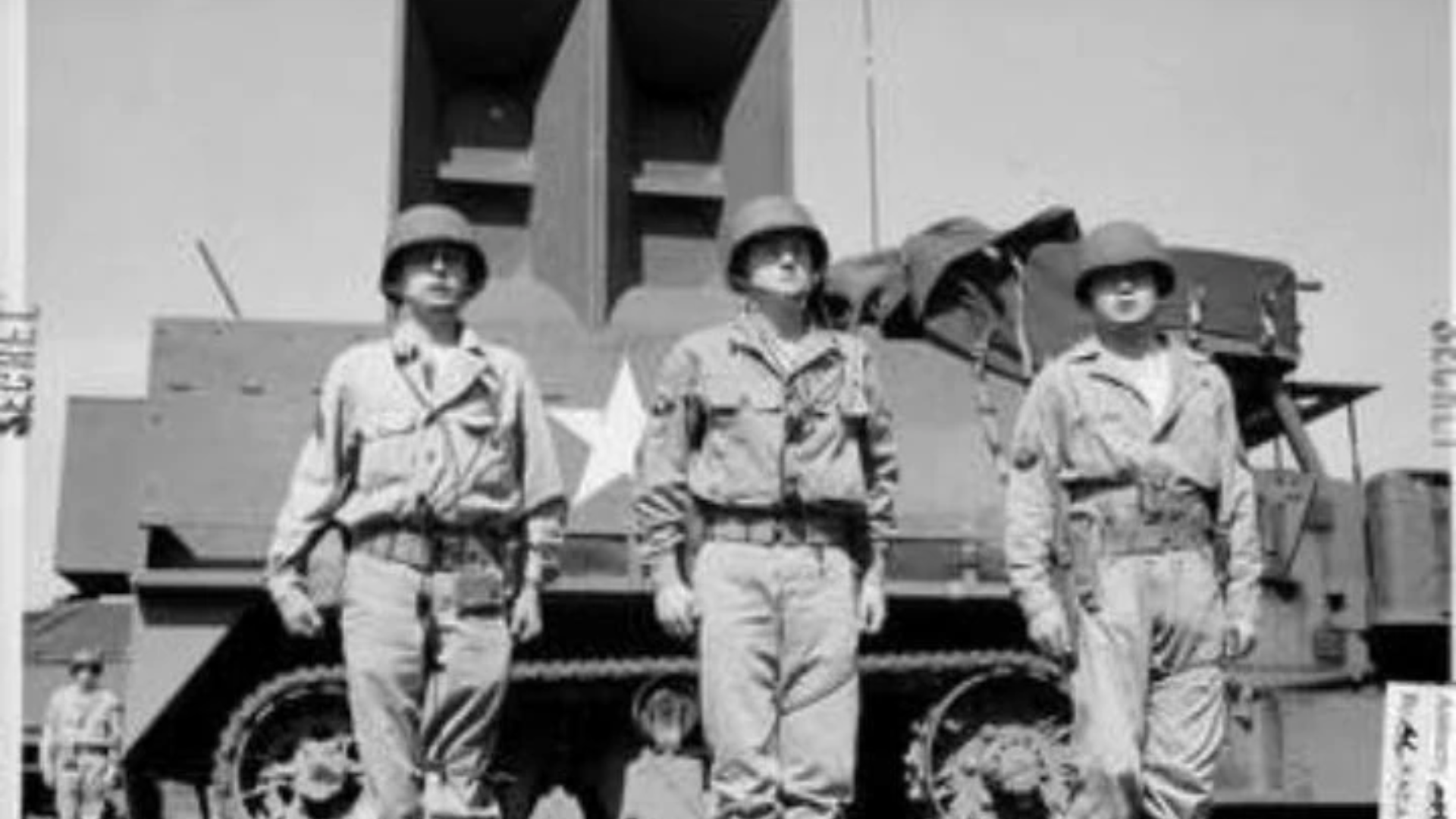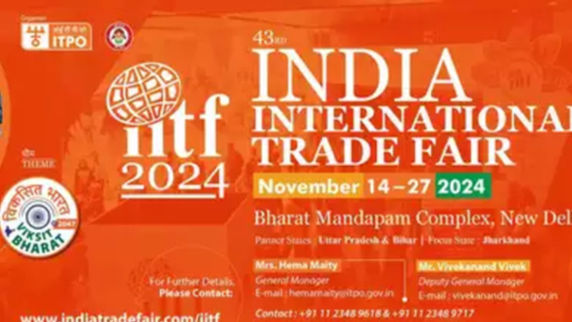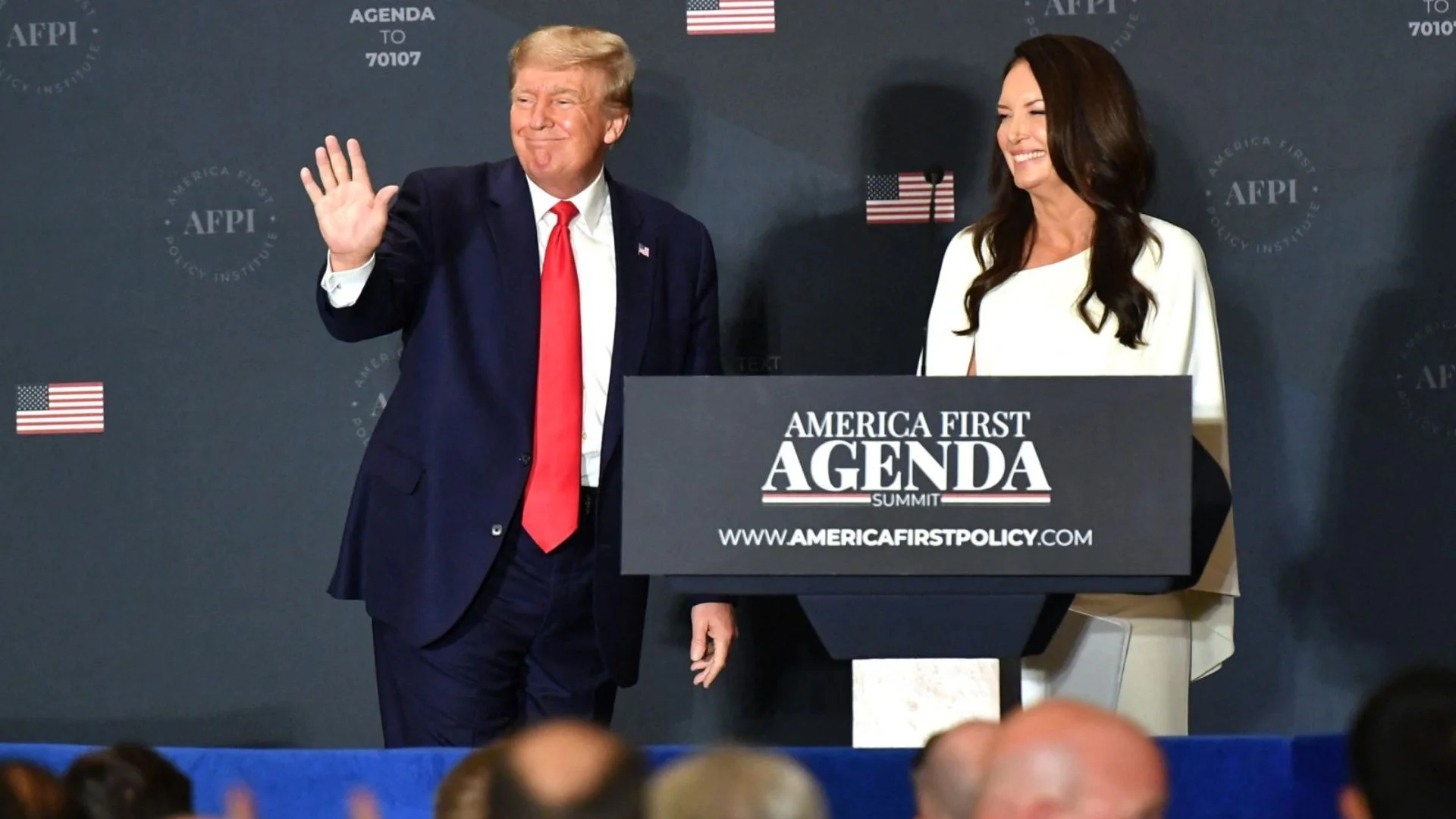
Three World War II veterans of the Ghost Army, Seymour Nussenbaum, 100; John Christman, 99; and Bernard Bluestein, 100, have been awarded the Congressional Gold Medal, the highest honor bestowed by the US Congress, for their roles in a covert operation that deceived the Nazis using inflatable tanks and Hollywood-style special effects, as reported by The Metro.
These veterans were part of the Ghost Army, a secret US unit active in 1944 and 1945. This unit’s ingenious tactics, often referred to as a “travelling road show,” saved countless lives by misleading the Nazi German army. By employing actors and elaborate tricks across Europe, they diverted German troops to incorrect locations.
The BBC reports that the Ghost Army successfully convinced German forces that a significant Allied assault was imminent across the Rhine River. Despite being a small unit of just over 1,100 men, they used hundreds of inflatable tanks and trucks to mimic a real division of approximately 40,000 troops. They amplified this deception with loudspeakers broadcasting troop movements and simulated military radio traffic. Some members even wore officer uniforms and appeared in areas known to be under German surveillance. This elaborate ruse resulted in minimal resistance during the actual Rhine crossing, significantly aiding the Allied advance.
Mr. Nussenbaum, who seldom discusses his wartime experiences, told the BBC, “I don’t like to beat my own drum.” Mr. Bluestein, who often told his family he did “camouflage work” during the war, added with a chuckle, “The dangerous part I didn’t tell them about. They wouldn’t have liked it.”
This recognition highlights the extraordinary and little-known efforts of the Ghost Army, whose bravery and creativity played a crucial role in the Allied victory.














